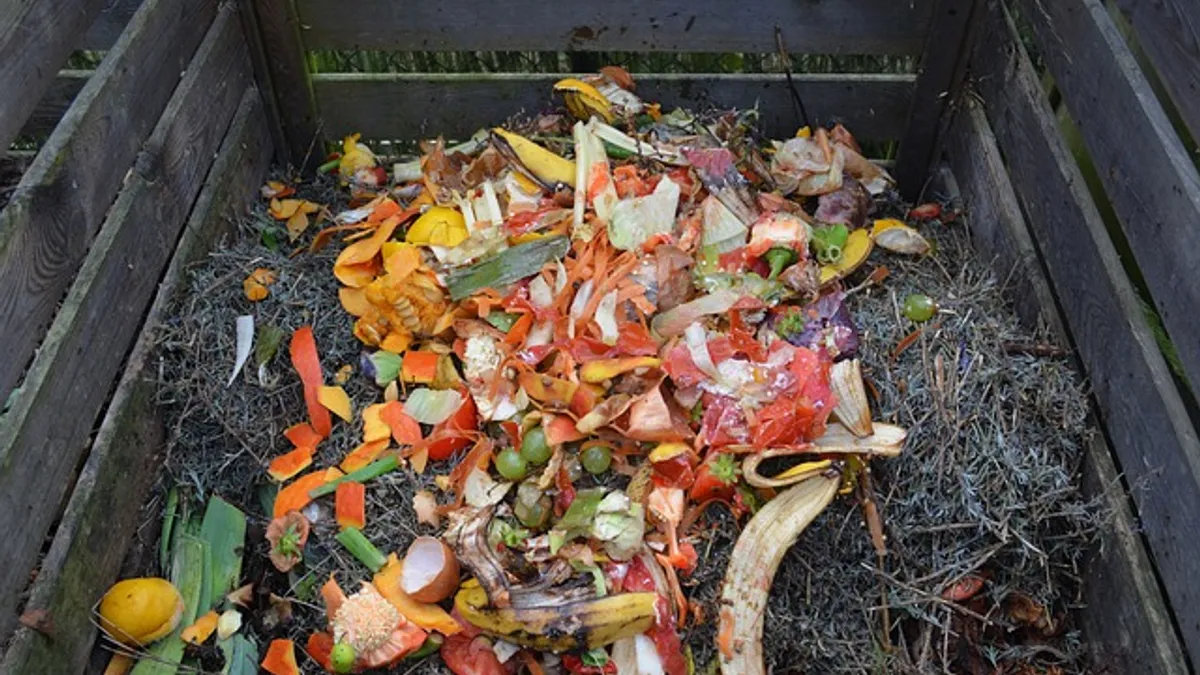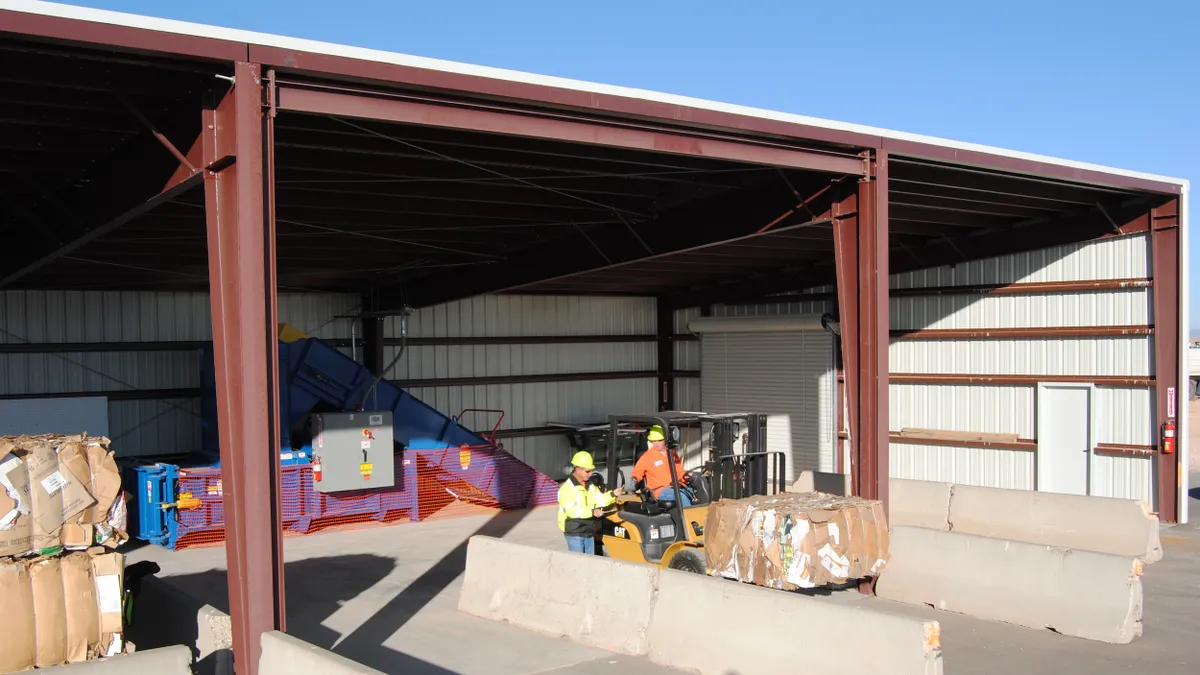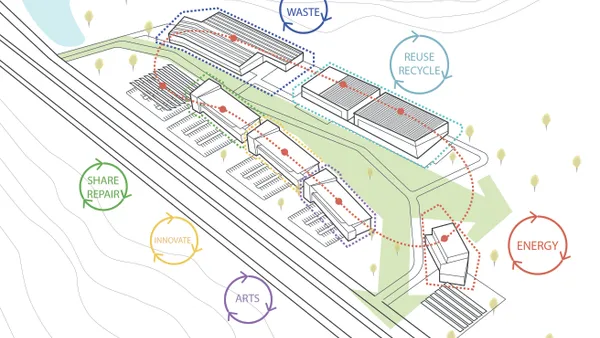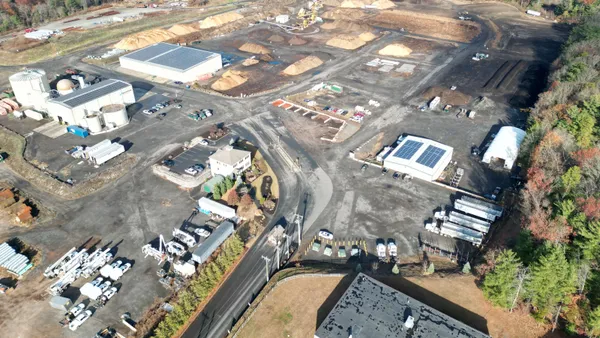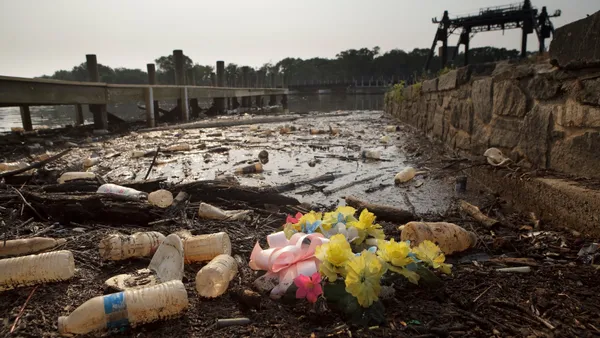Dive Brief:
- Canada's National Zero Waste Council unveiled a National Food Waste Reduction Strategy at the sixth annual Zero Waste Conference in Vancouver on Thursday, as reported by the Vancouver Sun.
- The plan aligns with the U.S. goal of reaching 50% food waste reduction by 2030. The council intends to reach this goal through new government policies, innovation in technology and community infrastructure, and shifting consumer behavior.
- The council also aims to introduce a federal tax incentive to encourage food donations, as well as combat confusion around date labeling.
Dive Insight:
It was only a matter of time before Canada — a country that sends nearly 200,000 metric tons of food to the landfill annually — adopted food waste reduction goals to propel global efforts toward waste diversion. Canada's food waste reduction efforts mirror those of the U.S. almost exactly, which may lead to collaborative efforts and plans between the countries.
"When you look at the enormity of the situation, there is an effect and it does start with the individual, like so many different things ... If you can all pull back on your wastage of food, collectively, that makes a very big difference," said Richmond Mayor Malcom Brodie, as reported by the Sun.
Canada's newly announced plan is a hopeful reminder that more and more countries are looking into combating food waste. A report from the Food and Agriculture Organization of the UN (FAO) notes that if food waste was a country, it would be the third largest emitter of carbon dioxide in the world, equating to nearly 3.3 billion tons of CO2. Just like all other types of materials, organic waste has an effect not only on the area it is disposed in, but on all nations around the world. While many countries like France and Italy have passed major food waste reduction laws, it is important for the industry to keep encouraging buy-in across the globe.



